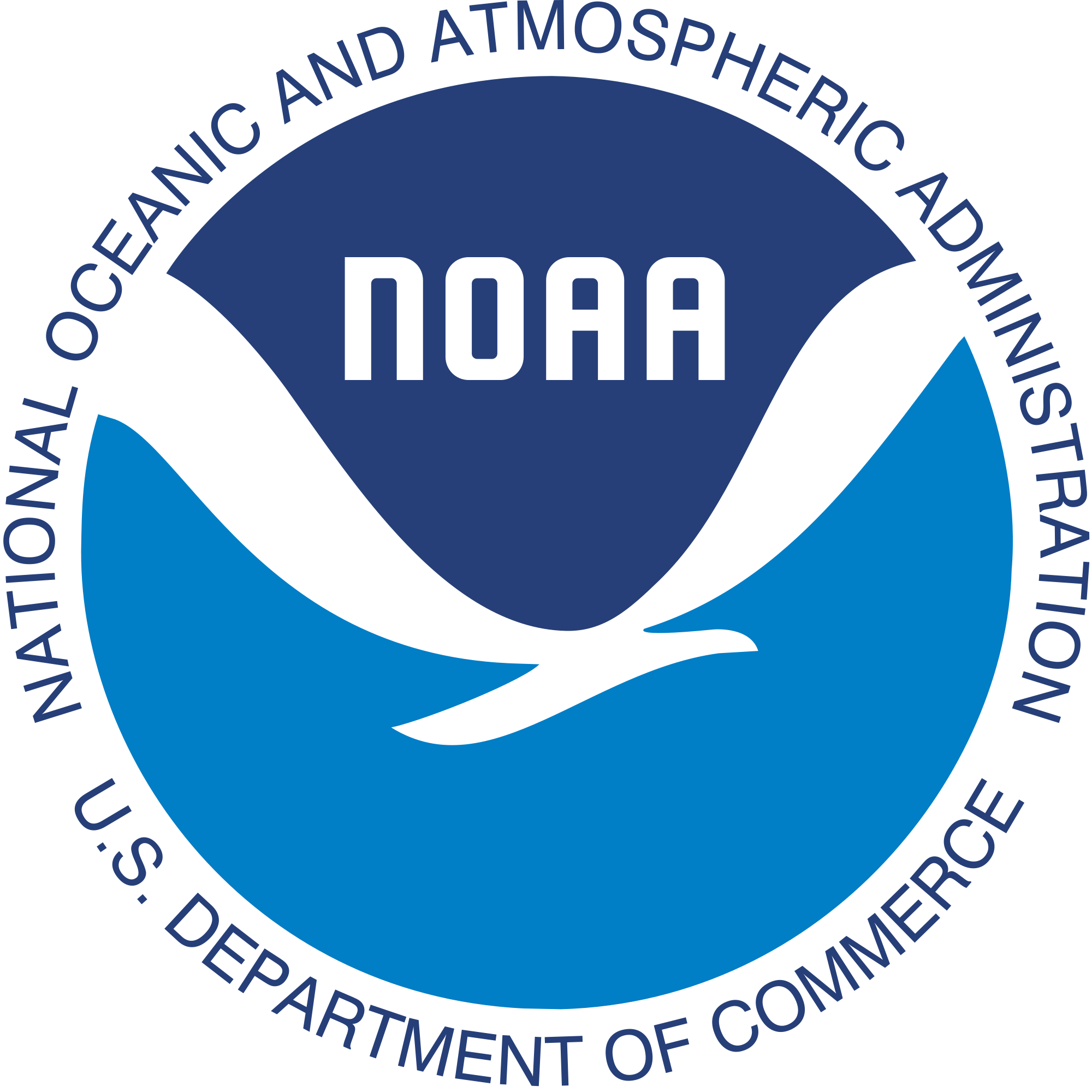
- Wet Tropics Management
- Legislative framework
- Management partnerships
- Sustainable Tourism Plan
- Threats to the Area
- Research and a Learning Landscape
- How can I help?
The first annual State of the World's Plants report has been produced by the Royal Botanic Gardens, Kew.
The report is a baseline assessment of current knowledge on the diversity of plants on Earth, the global threats these plants currentlyface, as well as the policies in place and their effectiveness in dealing with threats. The report estimates that there are now over 391,000 unique species of vascular plants on Earth of which 369,000 are flowering plants. Of all the plants on Earth, 21% are at risk of extinction, and 12% of the world's threatened plants are in Australia. Around 2000 new vascular plant species are described each year, with Australia highlighted as one of the three best places in the world, alongside Brazil and China, to discover new plant species.
Earth getting greener due to rising CO2 levels, global snapshot shows.
In a paper published in Nature Climate Change, it has been shown that the Earth has been getting greener over the past 30 years. As much as half of all vegetated land is greener today, and remarkably, only 4% of land has become browner. The paper also found that rising carbon dioxide levels in the atmosphere have increased plant growth across the planet over the past three decades.
To prevent a new mass extinction of the world's animal and plant life we need to understand the threats to biodiversity, where they occur and how quickly change is happening. For this to happen, we need reliable and accessible data. A new study reveals those data are largely missing.
 NOAA data shows that 2016 really is hotter than other years
NOAA data shows that 2016 really is hotter than other years
America's National Oceanic and Atmospheric Administration (NOAA) reports that 2016 has been the hottest year to date in the 136 years that data has been measured. Globally that's now an 11 month streak of hottest-ever months.
UN names special envoys for El Nino and climate.
UN Secretary General Ban Ki-moon appointed former Irish president Mary Robinson and Kenyan diplomat Macharia Kamau as special envoys for El Niño and climate.
UN alarmed by 12th straight global monthly heat record
The United Nations has expressed alarm after scientists recorded the 12th straight global monthly heat record in a row.
Australia’s Chief Scientist speaks at the Annual Science Meets Parliament event.
A transcript of Dr Alan Finkel’s keynote address ‘Cresting the Wave: The Voyage of Science and Innovation’ can be viewed here.
State Party Report on the state of conservation of the Tasmanian Wilderness
This report was recently provided to the World Heritage Centre. The report provides an update to the 2015 State Party Report and responds to the recommendations of the report of the reactive monitoring mission to the Tasmanian Wilderness.
2 Billion motor vehicles by 2030 and enough roads to encircle earth 600 times by 2050
Sometime around 2010 we reached a milestone—one billion motor vehicles on Earth. Within twenty years this number will double, and most of these two billion motor vehicles will be powered by fossil fuels. Apart from the obvious implications for climate change, this trend also spells trouble for public health as well as environmental problems on an unprecedented scale. For example, current projections predict that by 2050 the world will have another 25 million kilometres of paved roads—enough to encircle the planet more than 600 times. Many people view road expansion as a cost-effective means to promote economic development but they can have catastrophic environmental consequences, especially in the tropics.
Famed biologist asks: is Australia a continent or just a continent-sized island?
John Terborgh, who has studied ecosystems across the world, has just spent six months in Australia. A truly deep thinker—and winner of a rare MacArthur 'Genius' Award—John ponders here the nature of Australia. Biologically speaking, he asks, is it a continent or just a big island?